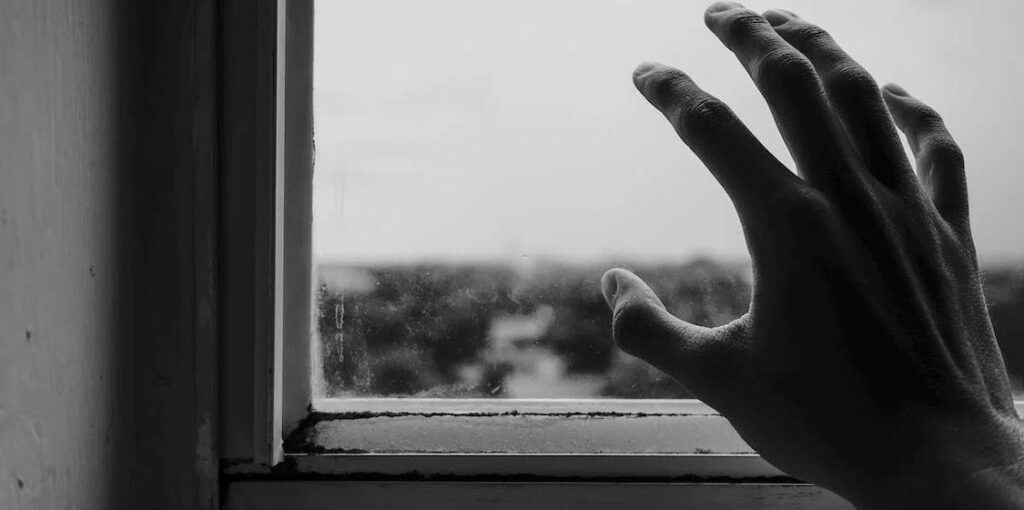Navigating the tumultuous waters of addiction can be challenging, but when equipped with the right guidance, you can help create an environment of trust and understanding that is so crucial to the recovery process. The work of Lance M. Dodes, a respected figure in the field of addiction, offers insightful advice on cultivating healthy relationships during addiction treatment.
Building Trust
When seeking to build trust, Dodes emphasises the importance of consistent and non-judgmental support. As you embark on this journey, know that you’re not just helping your loved one fight a battle; you’re also crafting a safe space for them to grow and heal. When they stumble, as they likely will, let them know that it’s a part of the recovery process. Don’t let disappointment or frustration hinder your support; instead, use these moments as stepping stones to strengthen your trust and deepen your understanding of their struggle. It might surprise you to learn that individuals battling addiction often grapple with an overwhelming sense of guilt and shame. By accepting their mistakes and encouraging them, you can significantly alleviate these feelings and contribute positively to their recovery.
Communication
In your interactions, Dodes recommends adopting open and honest communication. Addiction is often steeped in secrecy and denial, but you can play a crucial role in breaking these barriers. Initiate conversations about the impact of addiction, share your fears and hopes, and encourage them to express their feelings. Remember, recovery is not just about abstaining from addictive behaviours; it’s about restructuring thoughts, attitudes, and emotions. This level of communication might seem challenging initially, especially when met with resistance, but it will gradually pave the way for more profound and constructive discussions.
Empathy
Moreover, Dodes highlights the power of empathy. Empathy is not about pitying your loved one; instead, it’s about understanding their emotions, their fears, and their motivations. You might not have firsthand experience with addiction, but you can still empathise by imagining yourself in their shoes. This empathy can create a strong emotional connection, which can be incredibly comforting to someone struggling with addiction. Little known fact: people who feel understood and not alone in their struggles are often more likely to seek help and succeed in their recovery.
Cultivating healthy relationships and building trust during addiction treatment indeed has its own unique sets of pros and cons.

Pros of Cultivating Healthy Relationships and Building Trust During Addiction Treatment:
- Support System: Strong relationships provide an essential support network during recovery.
- Open Communication: Trust can encourage the person undergoing treatment to express their struggles openly.
- Reduces Feelings of Guilt and Shame: Unconditional support can help alleviate the guilt and shame often associated with addiction.
Cons of Cultivating Healthy Relationships and Building Trust During Addiction Treatment:
- Emotional Toll: Supporting someone through addiction can put a significant emotional strain on you.
- Resistance and Denial: Initial efforts towards trust and communication may be met with hostility or avoidance.
- Risk of Enabling: While trying to support, there’s a risk of inadvertently encouraging addictive behaviours.
By utilising these tools from Dodes’s work, you can help create a supportive, empathetic environment that encourages open communication and fosters trust.
As you tread this journey of therapy and recovery alongside your loved one, remember the power of your role in this process. Through cultivating healthy relationships and building trust, you become more than a mere observer – you become a beacon of hope, a pillar of strength, a conduit of change. You may face trials, you may encounter resistance, and the emotional toll might seem overwhelming at times. Yet, it’s in these moments of challenge that your unwavering resolve shines the brightest.
Remember to lend an empathetic ear, foster open communication, and set boundaries that protect both you and your loved one. When the waves of frustration roll in, may you find solace in the knowledge that you are doing the best you can, and every effort you make leaves an indelible mark on your loved one’s journey to recovery. As you navigate the intricacies of this process, you learn the true strength of love, resilience, and human connection.
Your journey may not be easy, but no worthy journey ever is. You’re helping build bridges over chasms of addiction, providing pathways to a new beginning. And in this formidable task, remember the words of Helen Keller, “Although the world is full of suffering, it is also full of the overcoming of it.” So press on, knowing your efforts, your patience, and your love, are the winds of change in your loved one’s world.
Remember, your unwavering support can be a beacon of hope for your loved one during their darkest hours. It might be a steep road to recovery, but with your help, they don’t have to walk it alone.

